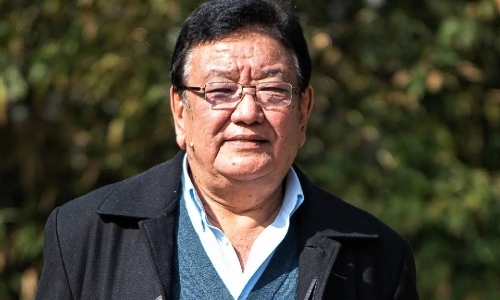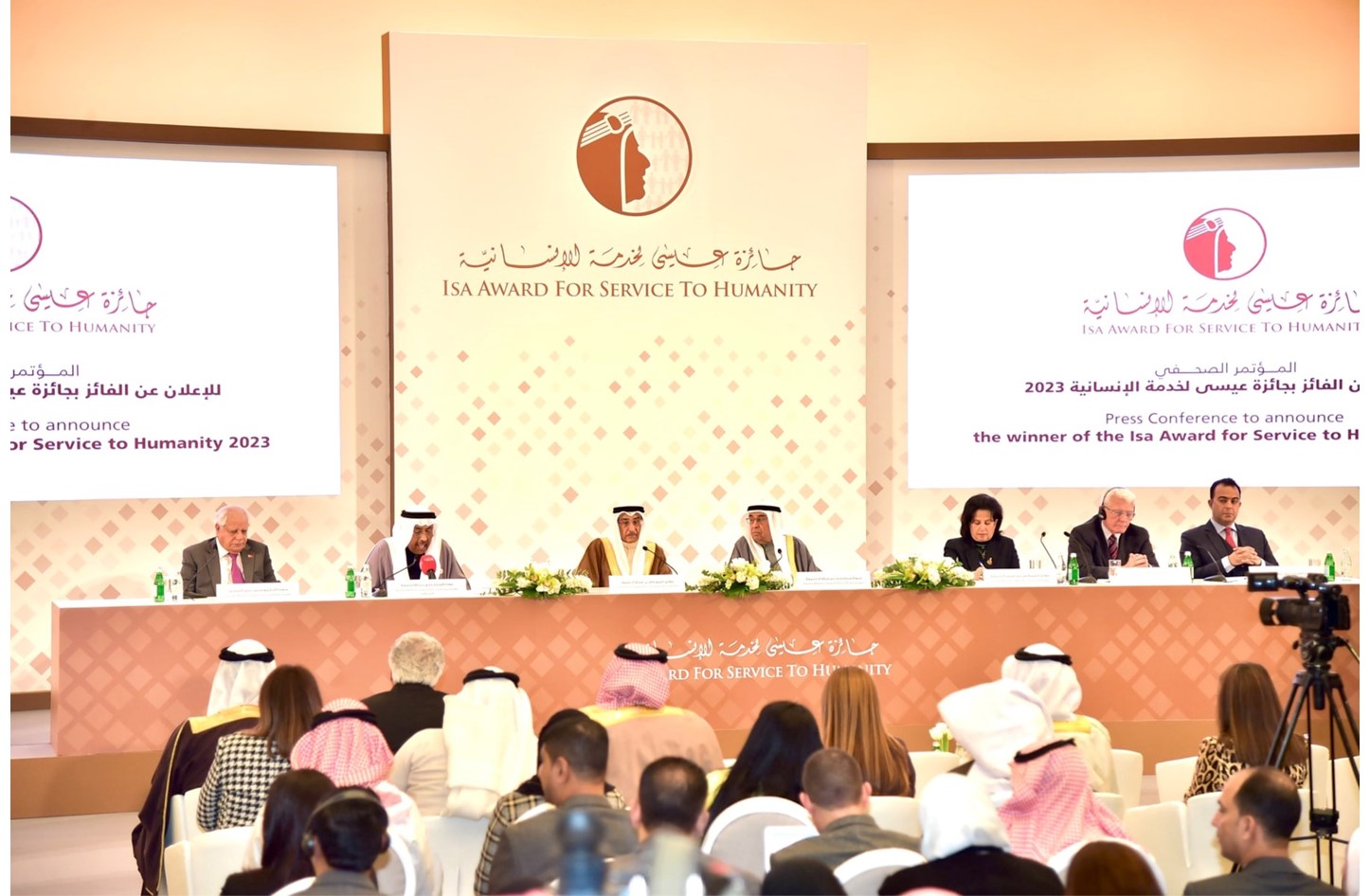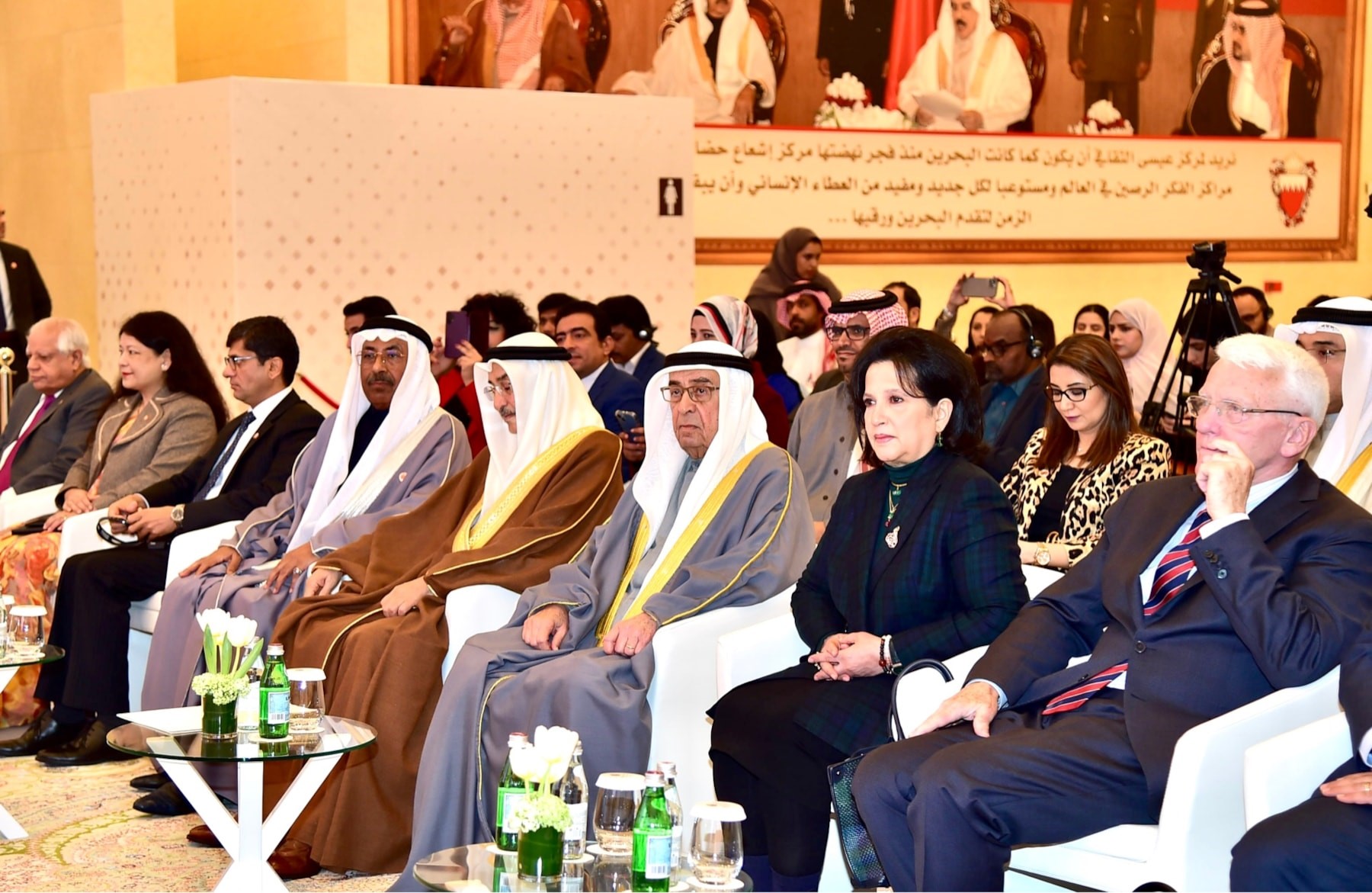Nepalese ophthalmologist Dr Sanduk Ruit wins Isa Award for Service to Humanity
TDT | Manama
The Daily Tribune – www.newsofbahrain.com
Reported by Julia Cassano
Dr Sanduk Ruit, a Nepalese ophthalmologist who has dedicated his life to curing blindness in the developing world, has been named the recipient of the Isa Award for Service to Humanity Fifth Session (2021-2022).
The Board of Trustees made the announcement during a press conference held yesterday at the Isa Cultural Centre. The Isa Award for Service to Humanity covers 11 categories and aims to honour the contributions of individuals who seek to improve the world through their knowledge, expertise, and committed work to build a more compassionate future.
Mr Ali Abdullah Khalifa, secretary general of the Isa Award for Service to Humanity, said: “Following careful deliberation, the arbitration committee narrowed the pool of prospective winners to five candidates from five different countries.
“Additionally, the Board of Trustees agreed to form a field research team to collect the most comprehensive and accurate field-confirmed data on the parameters of the applicants chosen for the short list by the International Arbitration Committee in accordance with the award procedure.”
Mr Ali added: “Dr Sanduk Ruit gained international acclaim for developing a noble approach to treating cataracts. He also succeeded in creating a new implantable lens that could be produced at a much lower price than its counterparts, allowing him to complete cataract surgery in significantly less time.”
Dr Ruit performed free eye surgeries to low-income patients, and by doing this, he was able to save almost 120,000 people’s eyesight, who would have otherwise gone blind. Results of the fieldwork concluded that Dr Ruit was able to develop a cost-effective lens and develop a new way to perform medical surgery that minimises collateral damage and shortens the recovery period of the patient.
Also, Dr Ruit established a factory in his hometown, in which more than 350,000 lenses each year were produced, with each lens costing $3 to distribute, instead of the usual $100 cost elsewhere. Over the course of Dr Ruit’s 30-year career, he was able to perform over 50,000 eye surgeries and procedures at no charge, to those who cannot afford them.
The institute has two hospitals and 16 medical centres located all over Nepal, which are staffed by 30 resident physicians (ophthalmologists from the US, Africa, and many Asian countries are amongst those trained at the institute) who perform eye surgeries and treat patients.
Mr Ali said: “On average, the institution completes around 6,000 procedures each year, and success with the mobile hospitals has led to expertise sharing with countries including Bhutan, Thailand, Myanmar, Mongolia, Pakistan, North Korea, Ethiopia, Bangladesh, China, and India.
Dr Ruit has able to train over 650 doctors all over the world teaching everything he has learned to help progress the fight against preventable blindness and ensure that over 35 million surgeries have been performed.
Related Posts



